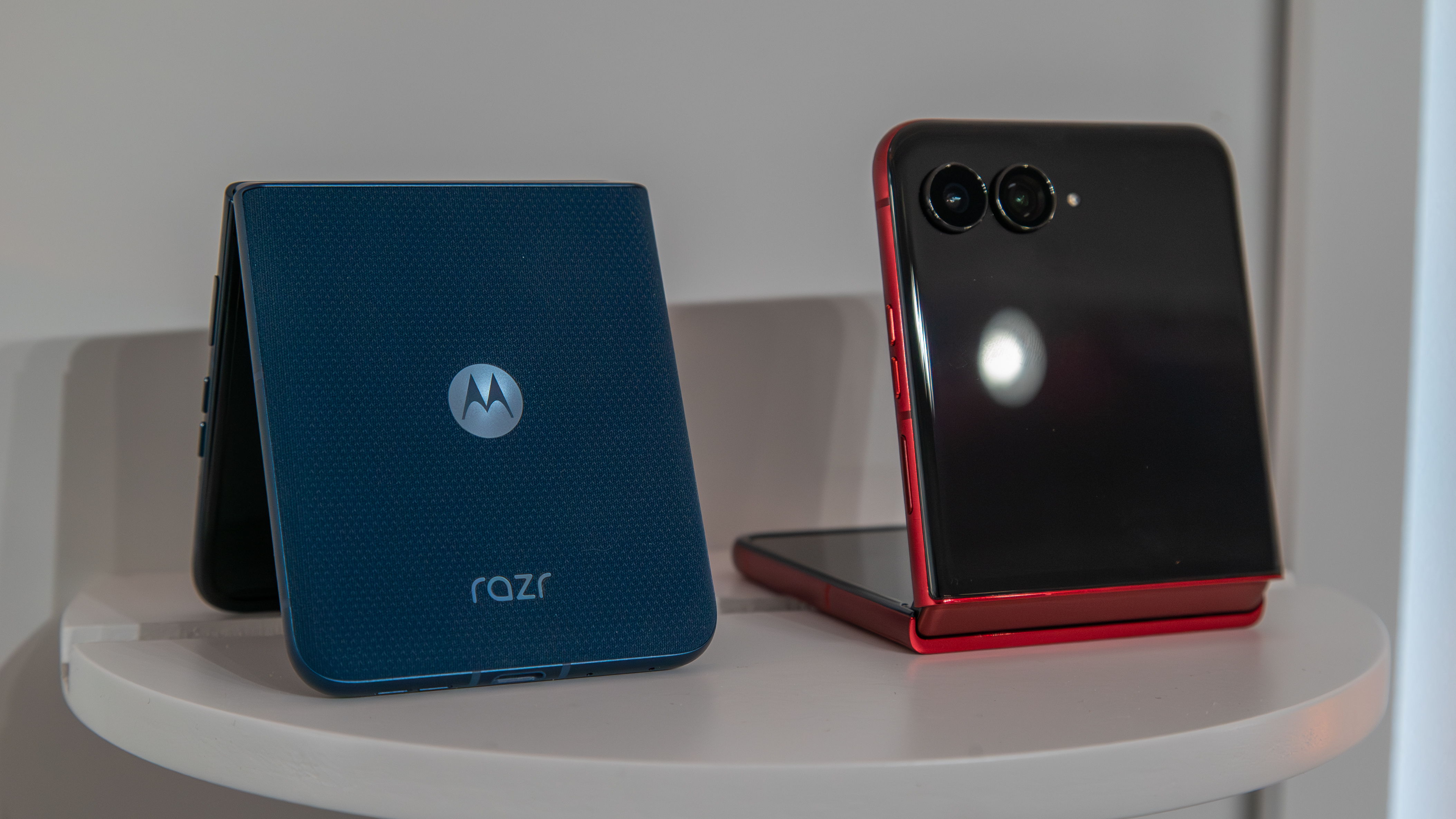Bungie joining PlayStation makes more sense than you think
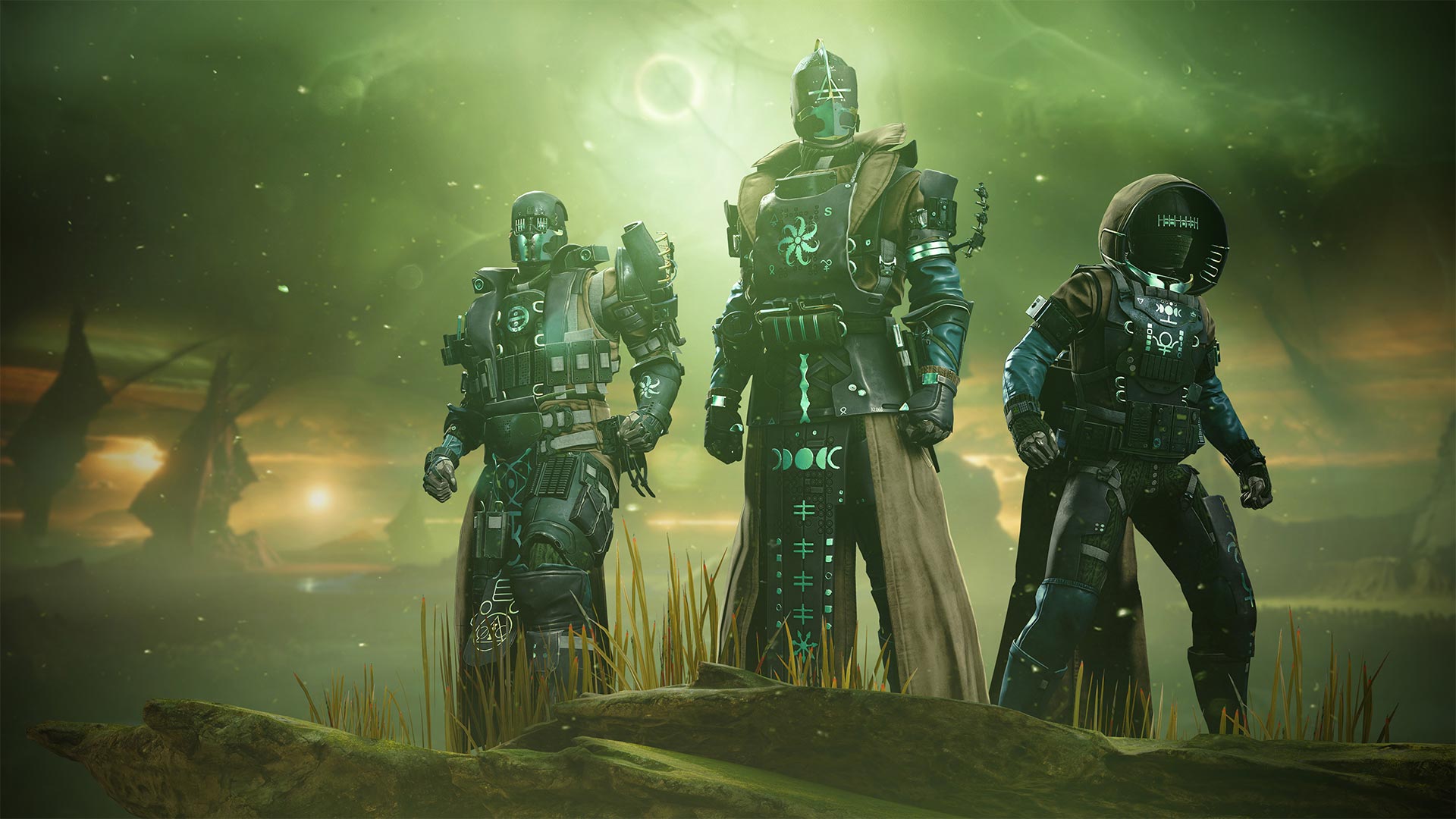
Microsoft's seismic efforts over the last few years to shift the gaming industry have not gone unanswered. In an unexpected move, PlayStation announced on Monday that it has acquired Destiny 2 developer Bungie for $3.6 billion. This is, by far, PlayStation's biggest acquisition to date, with the last major one being its purchase of Insomniac Games for $229 million in 2019. That made sense for Sony though, because PlayStation is known for its cinematic single-player games.
What Bungie brings to the table with Destiny 2 is its live service expertise and an avenue for recurring revenue that single-player games can't offer. When you think about where the market is headed — and has been headed for years now — this move makes complete sense on PlayStation's part.
Sony can get out of the single-player mindset
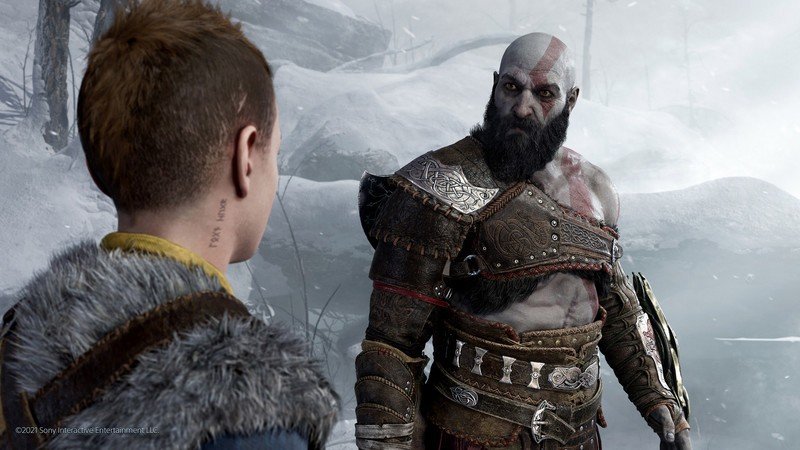
PlayStation's tentpole franchises — some of the best games ever made, mind you — are largely single-player, such as Uncharted, The Last of Us, God of War, and Horizon. As well as they may sell on PS4 and PS5, surpassing upwards of 10 million copies in some cases, it's important to remember that these single-player experiences cost a lot to make and are a riskier investment from the get go. There's a reason you see more publishers moving to a GaaS (games as a service) model.
That's not to say games like Destiny 2 are cheap to produce (the first has one of the highest development costs of any video game), but Sony historically putting all of its eggs in one basket was never going to work out in the long run. The company has long talked about diversifying its assets and portfolio, including strategic investments in live service games, and Destiny 2 is the perfect fit. There's no reason to build a game from the ground up when PlayStation can leverage Bungie's expertise and success a live-service title.
PlayStation CEO Jim Ryan said it best in an interview with GamesIndustry.biz, calling PlayStation and Bungie two pieces of a puzzle. "They make massive, immersive games that have no end. Whereas PlayStation's strength, as you know, is in the single-player, narrative-rich, stories."
Sony can go multiplatform
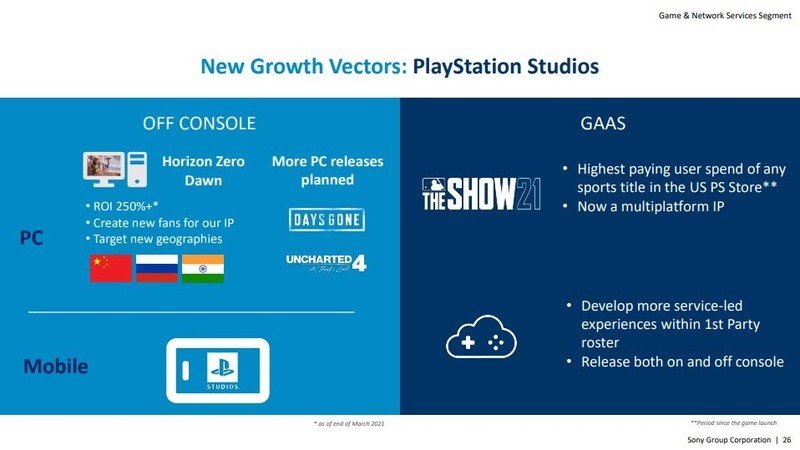
This also plays perfectly into Sony's desire to develop for multiple platforms. It's already begun branching out into the PC and mobile spaces, and Destiny 2 gives it a path to earn money on Xbox as well. Sony has seen how successful its games can be on PC, with God of War recently even peaking at 74,000 concurrent players on Steam, proving without a shadow of a doubt that PlayStation's future lies beyond a closed ecosystem on a single platform.
"I've been on record talking about increasing the size of the PlayStation community, and expanding beyond our historic console heartland," Ryan said. "We have an aggressive road map with live services. And the opportunity to work with, and particularly learn from, the brilliant and talented people from Bungie... that is going to considerably accelerate the journey we find ourselves on."
Be an expert in 5 minutes
Get the latest news from Android Central, your trusted companion in the world of Android
Not only does it make sense on the live service front, but it makes sense in terms of first-person shooters as well. With Microsoft's acquisition of Activision, PlayStation could very well be losing one of the most popular franchises in existence: Call of Duty. Though deals remain in place to keep it multiplatform for now, it's possible that Call of Duty could become exclusive to Xbox consoles in the coming years. By purchasing Bungie, PlayStation solidified its access to another highly-popular FPS. The Destiny franchise will have legs for many years to come, and now there's no way PlayStation is at risk of losing it.
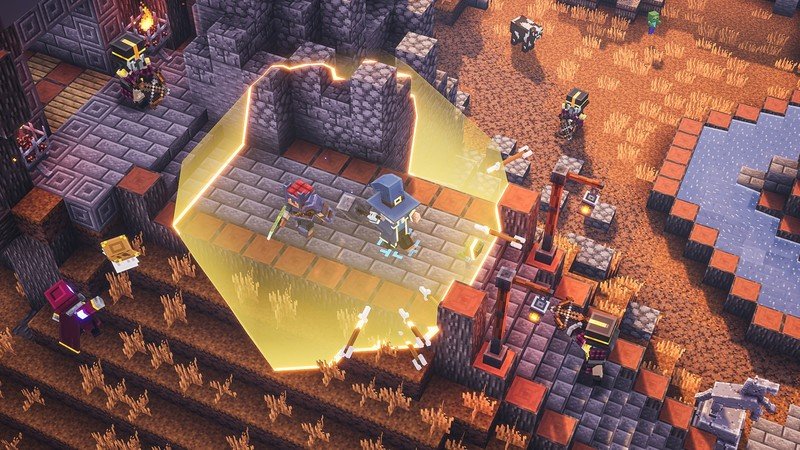
Though people will surely compare this deal to Microsoft's purchase of Activision or ZeniMax due to its timing, it more closely mirrors Minecraft's sale in 2014. Microsoft bought Minecraft developer Mojang for $2.5 billion in 2014, and has since pursued publishing that franchise across all platforms possible. Like Destiny 2, Minecraft serves as a live service franchise, regardless of how different the two games are.
PlayStation can take a page out of Microsoft's playbook in this regard.
Despite the sale, Microsoft continues to support Minecraft across PlayStation consoles, including new releases like Minecraft Dungeons. This has proven to be quite successful for Microsoft, and it ensures that Minecraft is as accessible as can be, only increasing its potential revenue. The way forward wasn't by making it exclusive, but by allowing everyone to play it no matter the platform.
PlayStation can take a page out of Microsoft's playbook in this regard, and likely will. Both Sony and Bungie have committed to keeping Destiny 2 multiplatform, specifically noting that Bungie will remain an "independent and multi-platform studio and publisher." Pete Parsons, CEO at Bungie, said in the announcement, "Like us, Sony believes that game worlds are only the beginning of what our IPs can become."
With both companies consistently emphasizing a multiplatform future and Destiny 2 likely being updated into perpetuity, Destiny still has a long life ahead of it on Xbox. This works out in PlayStation's favor.
What about movies or TV?
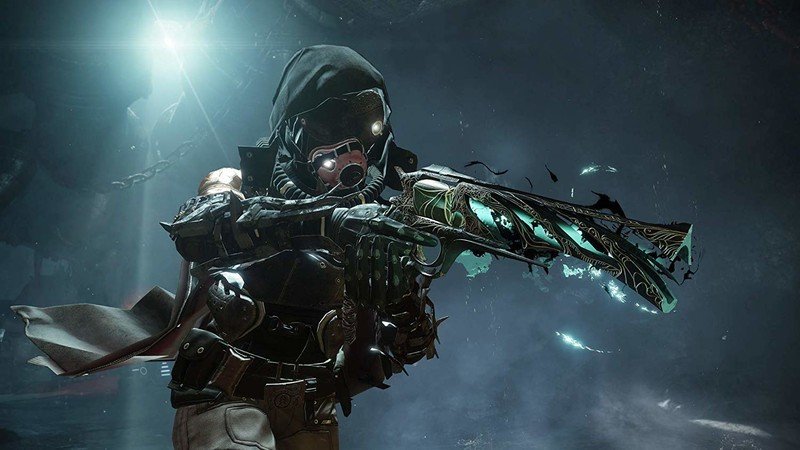
Aside from games, Parsons also mentioned bringing iconic franchises to fans across multiple entertainment mediums. That's important because Sony isn't just a game company. It also has an extremely successful television and motion picture arm, Sony Entertainment, along with PlayStation Productions, which focuses specifically on adapting its video game franchises for TV and film. Tom Holland's Uncharted is set to release soon and a series based on The Last of Us is in the works at HBO, among other projects. Expanding the Destiny franchise beyond consoles has been a goal of Bungie for a while now. This makes it and Sony a match made in heaven.
A job listing as recent as September 2021 indicated that Bungie was hiring for a senior executive who would "drive projects that extend the Destiny franchise into new categories including TV, films, books, comics, and audio formats." Interestingly, this didn't seem to be an in-house position. Rather, the executive would "identify, select, guide, collaborate, and provide feedback to third parties and partners enabling them to tell additional myths in the Destiny universe."
Final thoughts
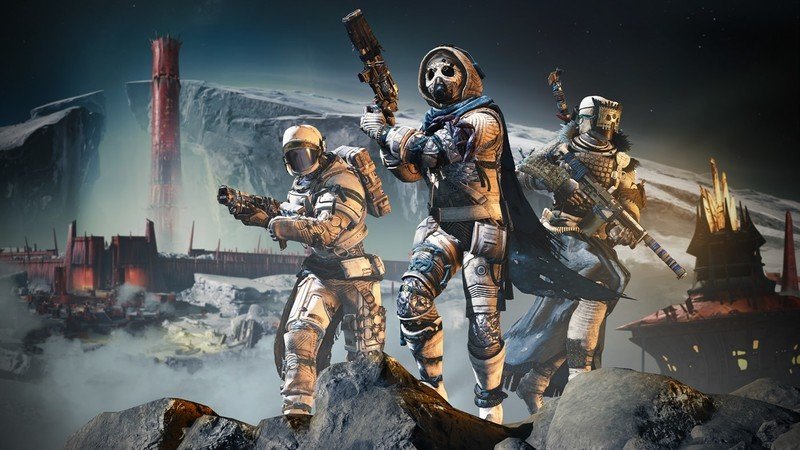
There are certainly other factors involved and many unknowns remain, but it's clear that this acquisition didn't come from nowhere. There are plenty of good reasons that Sony spent $3.6 billion. It's an investment for sure, and one that will likely pay off. Between both companies' strengths and visions for a future, it makes a lot more sense than another acquisition may have.
That won't stop PlayStation, though. Ryan confirmed that Sony is interested in purchasing more studios. "We should absolutely expect more," he said. "We are by no means done. With PlayStation, we have a long way to go. I will personally be spending a lot of my time with Pete and the team at Bungie, helping make sure that everything beds down right and that autonomy means autonomy. But elsewhere in the organization, we have many more moves to make."
Whichever company Sony Interactive Entertainment plans on acquiring next, it'll only serve to bolster its video game business in the future.

Jennifer Locke has been playing video games nearly her entire life. You can find her posting pictures of her dog and obsessing over PlayStation and Xbox, Star Wars, and other geeky things.
